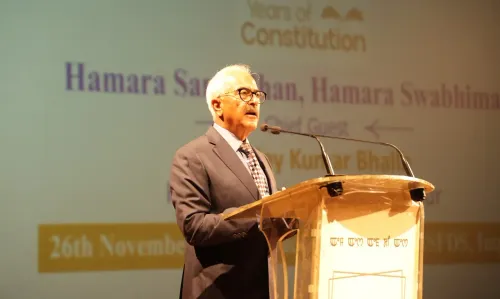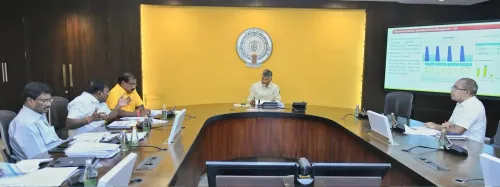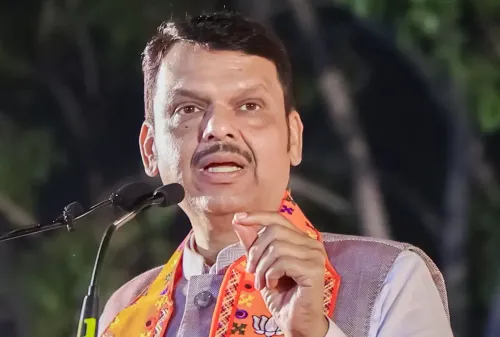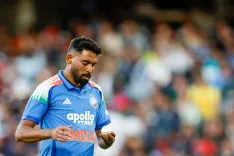Should the Supreme Court Challenge the Government Instead of Concerned Citizens?
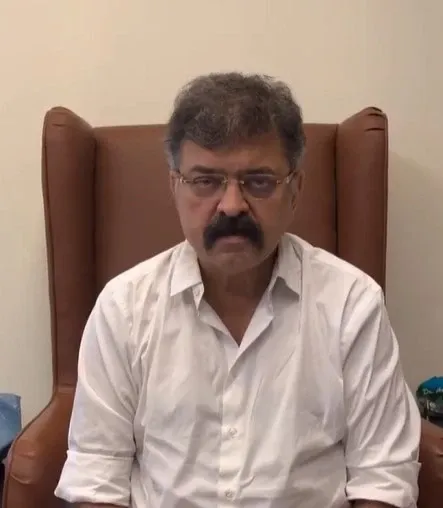
Synopsis
Key Takeaways
- Supreme Court's Role: The judiciary should focus on the government for accountability.
- Free Speech Concerns: The right to free expression is vital in a democratic society.
- Political Context: The implications of defamation cases on political discourse.
- National Security: Citizens must be able to question government actions.
- Judicial Accountability: The courts should uphold the principles of democracy.
Mumbai, Aug 4 (NationPress) Following the Supreme Court's reprimand of Leader of the Opposition in Lok Sabha Rahul Gandhi regarding his comments on the Indian Army made during the Bharat Jodo Yatra in December 2022, Maharashtra's NCP-SP MLA Jitendra Awhad expressed on Monday that the apex court should direct its inquiries towards the government rather than those who express concerns about national security.
Awhad criticized the court’s position, warning that it could potentially infringe upon free speech.
In an interview with IANS, Awhad asserted, “Is the Supreme Court now going to dictate the boundaries of our speech? Will the freedom of speech enshrined in our Constitution be compromised? Various village names have been altered in Arunachal Pradesh. Did we initiate that? Why don’t they address those changes?”
This statement follows the Supreme Court's scrutiny of Rahul Gandhi’s 2022 comments during the Bharat Jodo Yatra, where he alleged that China had seized 2,000 square kilometers of Indian land and was “assaulting Indian soldiers in Arunachal Pradesh.”
The court suspended defamation proceedings against Gandhi but raised serious questions regarding his credibility and patriotism.
Nevertheless, Awhad affirmed Gandhi’s entitlement to voice his opinions.
“I prefer not to comment directly on the court’s remarks, but the events at Galwan Valley warrant investigation. Why is the court demanding evidence from us? The onus lies with the government. The court should interrogate them, not those who challenge them,” the Maharashtra lawmaker conveyed to IANS.
“If we claim Nathuram Godse was a terrorist, should we be required to provide proof? Some truths are irrefutable.”
During Monday’s session, a bench comprising Justices Dipankar Datta and Augustine George Masih queried Gandhi: “How did you come to know about the 2,000 km annexation by the Chinese? Were you present? Do you possess credible evidence?”
“If you are a genuine Indian, you wouldn’t utter such statements,” they added.
The court also critiqued Gandhi's choice of platform.
“You are the Leader of the Opposition. Why not raise these issues in Parliament?” the bench inquired.
Rahul Gandhi approached the Supreme Court after the Allahabad High Court dismissed his plea on May 29, which challenged the summoning order and criminal complaint in the case. Gandhi contended that the defamation lawsuit was politically charged and aimed at stifling dissent.
However, the High Court held that free speech does not encompass the right to defame the Indian Army, asserting that such statements cannot be shielded under constitutional rights.

